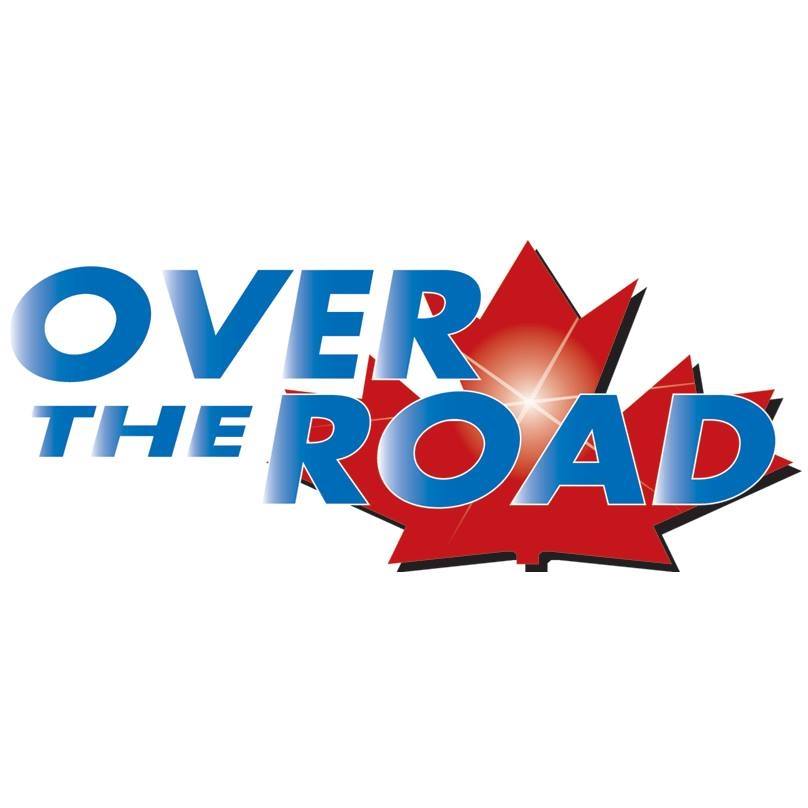Success Requires Intentional Choices!

Many couples have sat in my office asking about purchasing a highway tractor so they can be an independent operator. Their concerns are well founded as a significant number find the experience costly. There may be many great operators who have credited the independent operator industry for securing a strong financial future, but not all have that story. Too many don’t feel they have any control of their future.
When consulting with first time operators I am forced to simplify the procedure and circumstances for their success. It can be condensed into four, no FIVE primary keys.
What is the cost of the truck? Purchasing a truck will always have some bottom line cost per year. It doesn’t matter if it’s leased or owned, there is always a liability carried by the operator. For a great video on understanding the difference between leasing and owning, as well as some associated costs of a truck, visit our website and watch the “Lease verses Own” video (30 minute and 15 seconds) (https://makingyourmilescount.com/podcasts/).
Second is fuel consumption. The highest variable cost of operating a truck is paying for the fuel. If you notice that I stated fuel consumption and not fuel price you know that my position on consumption is more important than the price of fuel. Consumption is something every operator has a direct control over. They cannot eliminate it but they sure can minimize it. Starting at purchasing a truck with the right spec all the way to proper accelerate from a stop sign an operator controls consumption. There is nobody to blame but the guy behind the wheel. Good operators master the art of minimal consumption.
Third is maintenance. Maintenance on a highway tractor is critical to success by proper purchasing choices as well as treating the truck with respect. Purchasing a truck with minimal or no unnatural pollution control risks is paramount. I have seen too many very fine operators run $30-40k a year in pollution control maintenance. These costs do not increase the value of the asset, it only keeps the truck operating. Minimizing this minefield through smart purchasing can save years of wasted miles. It’s a tricky part of the business. I once poled over a thousand operators and found that 70% of them ran PRE emission trucks (in a time when PRE emission trucks were all over 5 years old). Operators don’t risk being the guinea pigs when their own money is on the line. They let someone else test the new technology. Operators must understand their equipment maintenance issues.
Fourth is Sale price of the truck. See ownership (lease/Own video). At the end of the life of your truck, what will it be worth? How long can you keep the truck rolling after its been paid for? In my 2015 book “Choosing a Trucking Company” I compared carrier contracts from 1996 against those of 2012. I found that operators made the most return on investment AFTER it was paid for… no matter what century they were operating in. This means that the longer you hold onto a truck, the higher the return on investment will be (on average). Every operator must think through the probable value of the truck at the end, when they will be selling/disposing of it. The higher its residual value over the cash flow it brings in reveals its worth to you. Here is another example. I know a guy who bought a truck for $6,500 and drove it for just over two years. It was then sold for parts ($1500). The cost to run that truck was $2,500 for the year. He got average fuel and maintenance cost and it contributed $15,000 annually above his wages. This represents a fantastic annual return on his investment… 600%, even though he only got $1500 from the scrap guy. The sale price is only important as a ratio of the original purchase price. Business minded operators think purchase and sale price over the life of the truck. Buying for the right price is usually more in the control of the operator than selling for the right price… however, combined, both are extremely important.
Finally it is taxes. Too many operators still think that they have little to no control over taxes. They think the more you make, the more you will pay. Though true in a broad sense it makes a HUGE difference which SYSTEM of tax reporting you use. My first book (2007) was all about this topic “Making Your Miles Count: taxes, taxes taxes”. Using non-taxable benefits verses the TL2 simplified method produces a 40-65% reduction in taxes. If your accountant still asks you for your log books at year end… you are using the TL2… you are NOT using NTB. Chances are your accountant doesn’t know the difference. It’s unfortunate that after 12+ years of my book being out there those who prepare taxes still haven’t read it. My guess is, if they haven’t used it till now… they probably won’t in the future. Shop around, find one that does, it’s not a scam… it may seem more complicated at first but a $12,000 a year tax reduction brings significant value to your annual after tax wealth building. This too in in your control.
